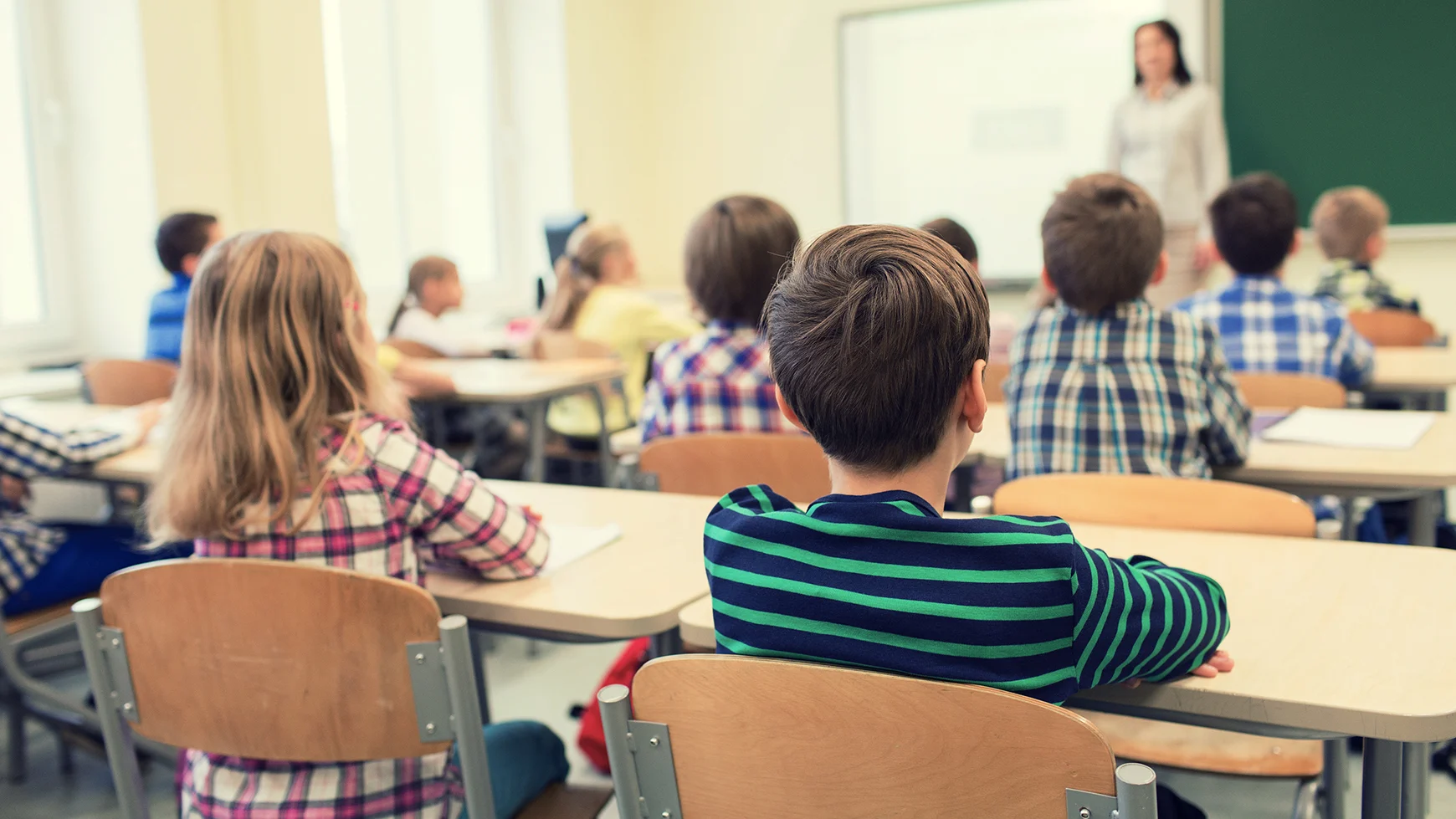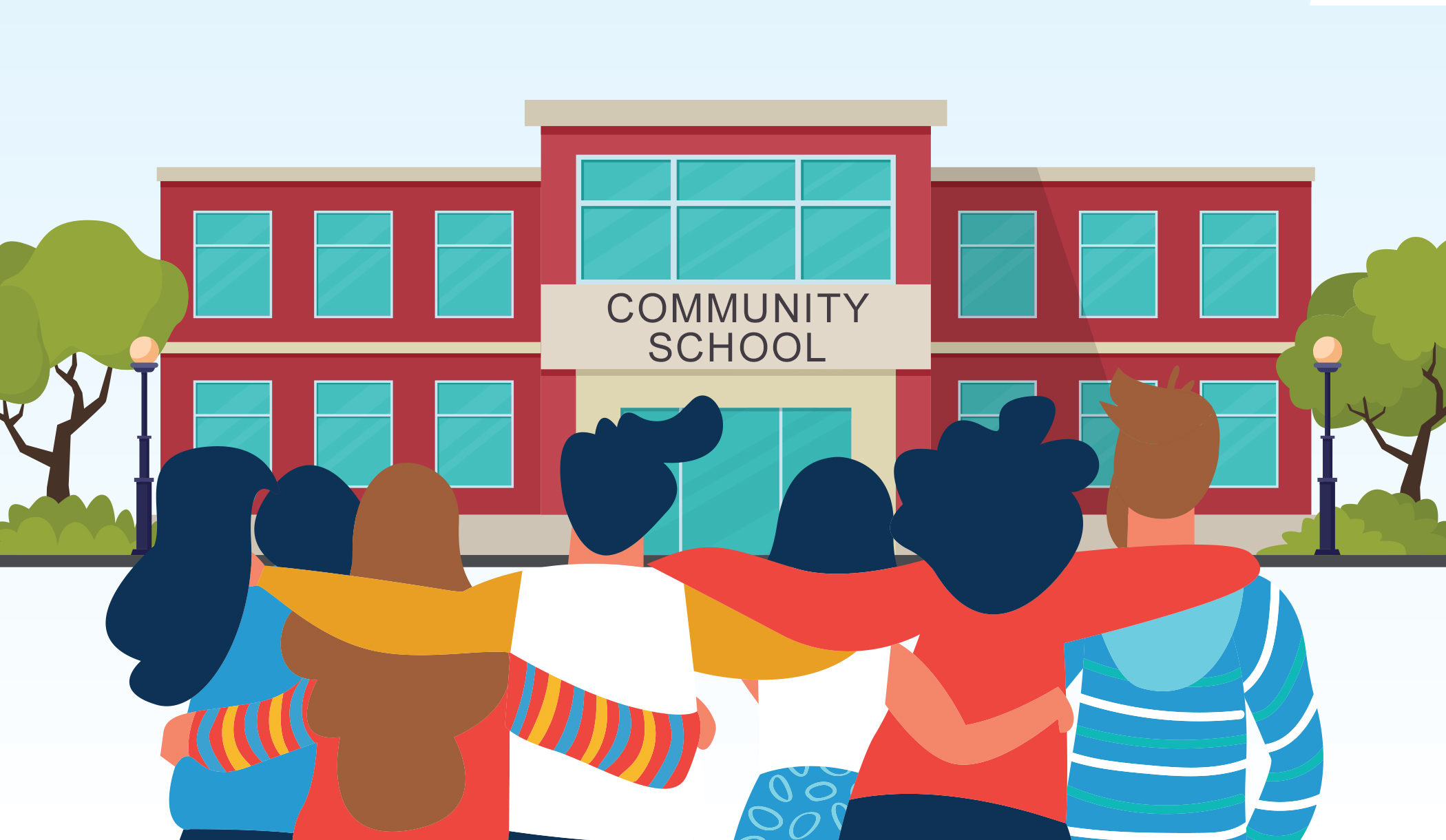Sign Up With Us: Occasions and Campaigns to Save Temecula Schools
Sign Up With Us: Occasions and Campaigns to Save Temecula Schools
Blog Article
The Influence of Institution Environments on Academic Success and Personal Wellness
The style of educational spaces, consisting of all-natural illumination and ergonomic furnishings, can boost pupils' concentration and comfort. Just how can institutions strategically enhance these facets to better support their students?
Physical Layout and Layout
How does the physical format and layout of an institution impact scholastic success? The setup and aesthetic of an institution environment can considerably influence trainees' knowing results.
All-natural lighting and effective air flow systems are critical in enhancing cognitive feature and decreasing absence. Researches have shown that class with adequate natural light enhance pupil focus and lower sensations of drowsiness. Ergonomic furnishings customized to students' needs can prevent physical discomfort, permitting for prolonged emphasis and involvement in scholastic activities.
Accessibility to exterior areas and cosmetically pleasing environments likewise play a crucial duty - Save Temecula Schools. Green spaces and properly maintained college premises offer opportunities for exercise and psychological relaxation, both of which are necessary for keeping high degrees of academic efficiency. In essence, an attentively designed physical atmosphere can function as a catalyst for scholastic quality, fostering an ambience that supports both teaching and discovering
Classroom Ambience
An environment that cultivates a sense of safety and security, inclusivity, and shared respect motivates pupils to engage more actively in their discovering processes. The setting of a class, consisting of elements such as lights, sound levels, and seating setups, can considerably affect student concentration and inspiration.
Additionally, the class environment need to support a society of cooperation and open communication. They are much more likely to engage deeply with the material and establish important assuming abilities when pupils really feel comfortable revealing their ideas and asking questions. Peer interactions and group activities can enhance learning by providing varied point of views and cultivating synergy
Moreover, establishing clear assumptions and consistent routines can create an organized atmosphere that allows trainees to concentrate on their research studies. By lessening unpredictability and supplying a predictable framework, trainees can much better manage their time and obligations. Eventually, a positive class atmosphere not just boosts academic performance however likewise adds to the overall wellness of trainees, preparing them for future instructional and individual endeavors.
Teacher-Student Relationships
Building on the relevance of a positive class atmosphere, the partnerships in between educators and pupils play a crucial duty fit scholastic success. A healthy and balanced teacher-student connection cultivates a discovering atmosphere where pupils really feel valued, understood, and sustained, which substantially improves their inspiration and interaction. When students regard their teachers as compassionate and approachable, they are most likely to participate actively in class and seek aid when required, contributing to a deeper understanding of the subject issue.

Efficient interaction is vital to nurturing these connections. Educators who use open, respectful, and regular interaction develop a structure of depend on. This count on allows pupils to express their problems and concepts freely, promoting a joint knowing setting. Basically, strong teacher-student partnerships are a keystone of academic success, playing a crucial function in both scholastic accomplishment and individual advancement.
Peer Communications
Peer communications considerably influence scholastic success by forming a pupil's social and cognitive advancement. Favorable peer interactions can improve a trainee's inspiration and involvement in academic tasks via collective learning and mutual assistance.

Efficient peer interactions likewise add to the development of necessary life skills, such as participation, dispute, and communication resolution. These social proficiencies are Find Out More critical for both scholastic success and individual wellness, emphasizing the importance of fostering positive peer characteristics within the college setting.
After-school Activities
Participating in after-school activities plays a pivotal function in a student's academic success and individual development. These activities, ranging from sports groups to question clubs, supply pupils possibilities to sharpen beneficial skills such as leadership, time administration, and synergy. Research regularly suggests that trainees that join after-school activities tend to accomplish greater scholastic efficiency. This relationship is frequently associated to the organized atmosphere and the self-control needed to balance both academic and extracurricular commitments.
Furthermore, extracurricular participation promotes a feeling of belonging and neighborhood, which is vital for individual wellness. Joining team tasks enables students to build and strengthen socials media, improving their emotional and social intelligence. These communications are important for creating interpersonal abilities that are advantageous in both scholastic and future specialist atmospheres.
Furthermore, extracurricular tasks give a constructive outlet for trainees to discover their passions and enthusiasms beyond the basic educational program. This expedition can lead to the discovery of new skills and possible profession courses, further encouraging students to engage more deeply in their academic work. Finally, the duty of after-school activities extends beyond mere recreation; they are indispensable to fostering a holistic academic experience that advertises both scholastic success and personal growth.
Conclusion
Attentively designed physical designs and classrooms, along with positive teacher-student partnerships and positive peer communications, considerably improve student motivation and engagement. These components jointly underscore the value of developing and preserving ideal official site institution settings for the benefit of trainees' academic and individual growth.
Ultimately, a positive class environment not you could look here only boosts scholastic performance yet also adds to the total health of pupils, preparing them for future educational and individual ventures.

Report this page